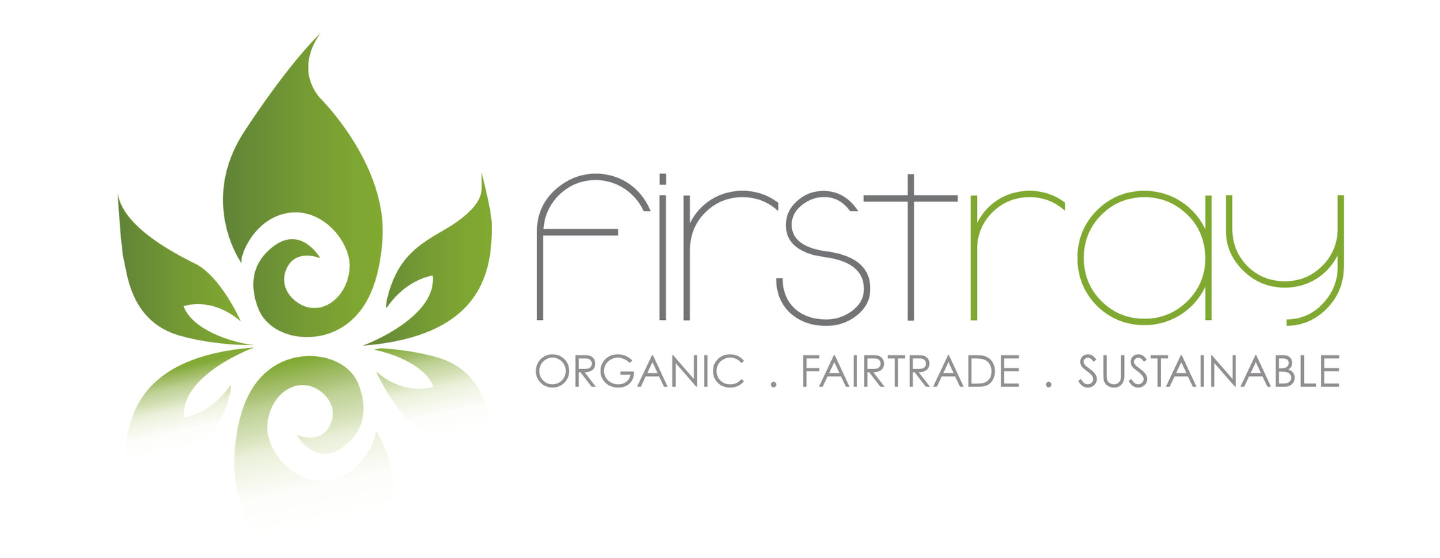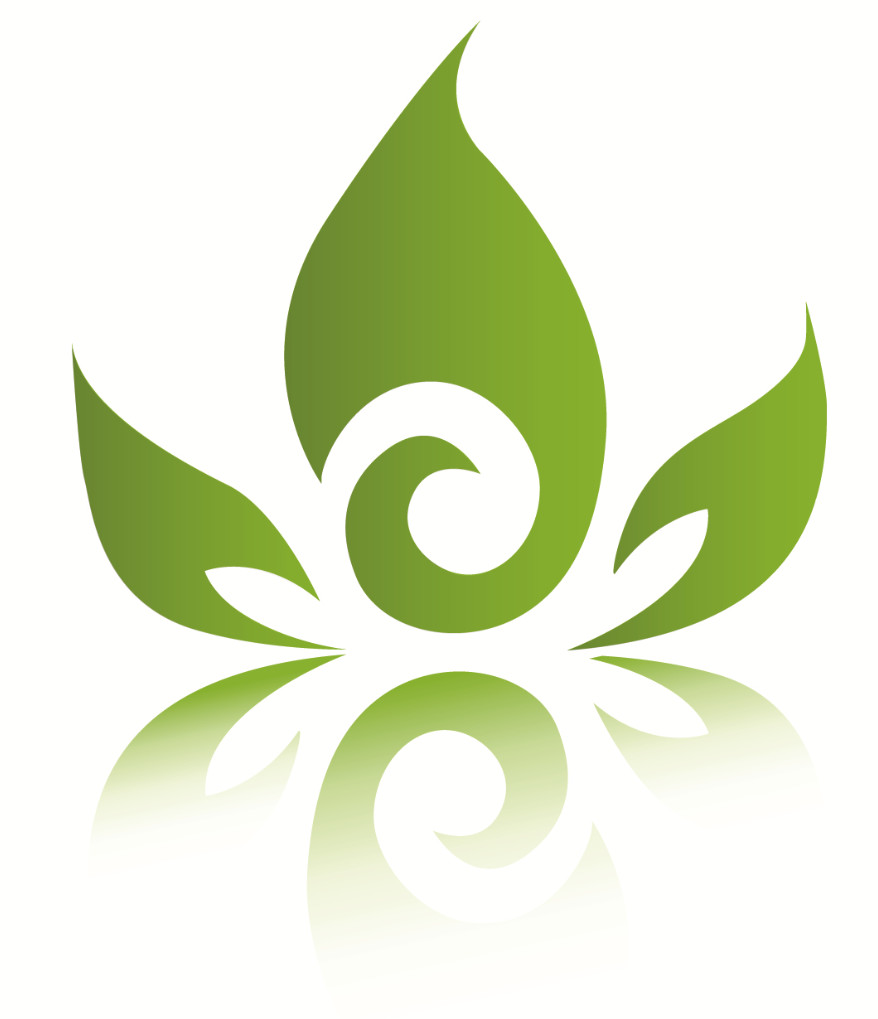

Koop Pty Ltd

Victoria, Australia
October 2019
Food products
Wholesale/Retail
Australia
First Ray is a wholeheartedly organic, ethical and sustainable wholesaler and distributor in Australia, whose journey began in 2005 with founders Sandy Abram and Belinda Lawlor. Leaving the corporate world, the pair shared a true passion for helping to improve the health and wellbeing of others whilst creating a positive social and environmental impact in their local and global community. Partnering with leading global brands and retailers across Australia, First Ray's mission is to be a voice for the planet and to make it easier for people to buy responsibly, and in a way that's healthier and more sustainable. Today, First Ray has 700+ products in its range covering food, drinks, beauty, personal care, home and lifestyle. With a desire to engage with their community directly and to inspire and educate others on living more sustainably, First Ray created its sister company Wholesome Hub, a successful online retail business offering brands that First Ray distributes as well as a wide range of other great organic, ethical and eco-friendly brands, several of which are also B Corp certified.
Overall B Impact Score
Governance 15.0
Governance evaluates a company's overall mission, engagement around its social/environmental impact, ethics, and transparency. This section also evaluates the ability of a company to protect their mission and formally consider stakeholders in decision making through their corporate structure (e.g. benefit corporation) or corporate governing documents.
What is this? A company with an Impact Business Model is intentionally designed to create a specific positive outcome for one of its stakeholders - such as workers, community, environment, or customers.
Workers 15.8
Workers evaluates a company’s contributions to its employees’ financial security, health & safety, wellness, career development, and engagement & satisfaction. In addition, this section recognizes business models designed to benefit workers, such as companies that are at least 40% owned by non-executive employees and those that have workforce development programs to support individuals with barriers to employment.
Community 23.7
Community evaluates a company’s engagement with and impact on the communities in which it operates, hires from, and sources from. Topics include diversity, equity & inclusion, economic impact, civic engagement, charitable giving, and supply chain management. In addition, this section recognizes business models that are designed to address specific community-oriented problems, such as poverty alleviation through fair trade sourcing or distribution via microenterprises, producer cooperative models, locally focused economic development, and formal charitable giving commitments.
Environment 48.0
Environment evaluates a company’s overall environmental management practices as well as its impact on the air, climate, water, land, and biodiversity. This includes the direct impact of a company’s operations and, when applicable its supply chain and distribution channels. This section also recognizes companies with environmentally innovative production processes and those that sell products or services that have a positive environmental impact. Some examples might include products and services that create renewable energy, reduce consumption or waste, conserve land or wildlife, provide less toxic alternatives to the market, or educate people about environmental problems.
What is this? A company with an Impact Business Model is intentionally designed to create a specific positive outcome for one of its stakeholders - such as workers, community, environment, or customers.
Customers 4.2
Customers evaluates a company’s stewardship of its customers through the quality of its products and services, ethical marketing, data privacy and security, and feedback channels. In addition, this section recognizes products or services that are designed to address a particular social problem for or through its customers, such as health or educational products, arts & media products, serving underserved customers/clients, and services that improve the social impact of other businesses or organizations.